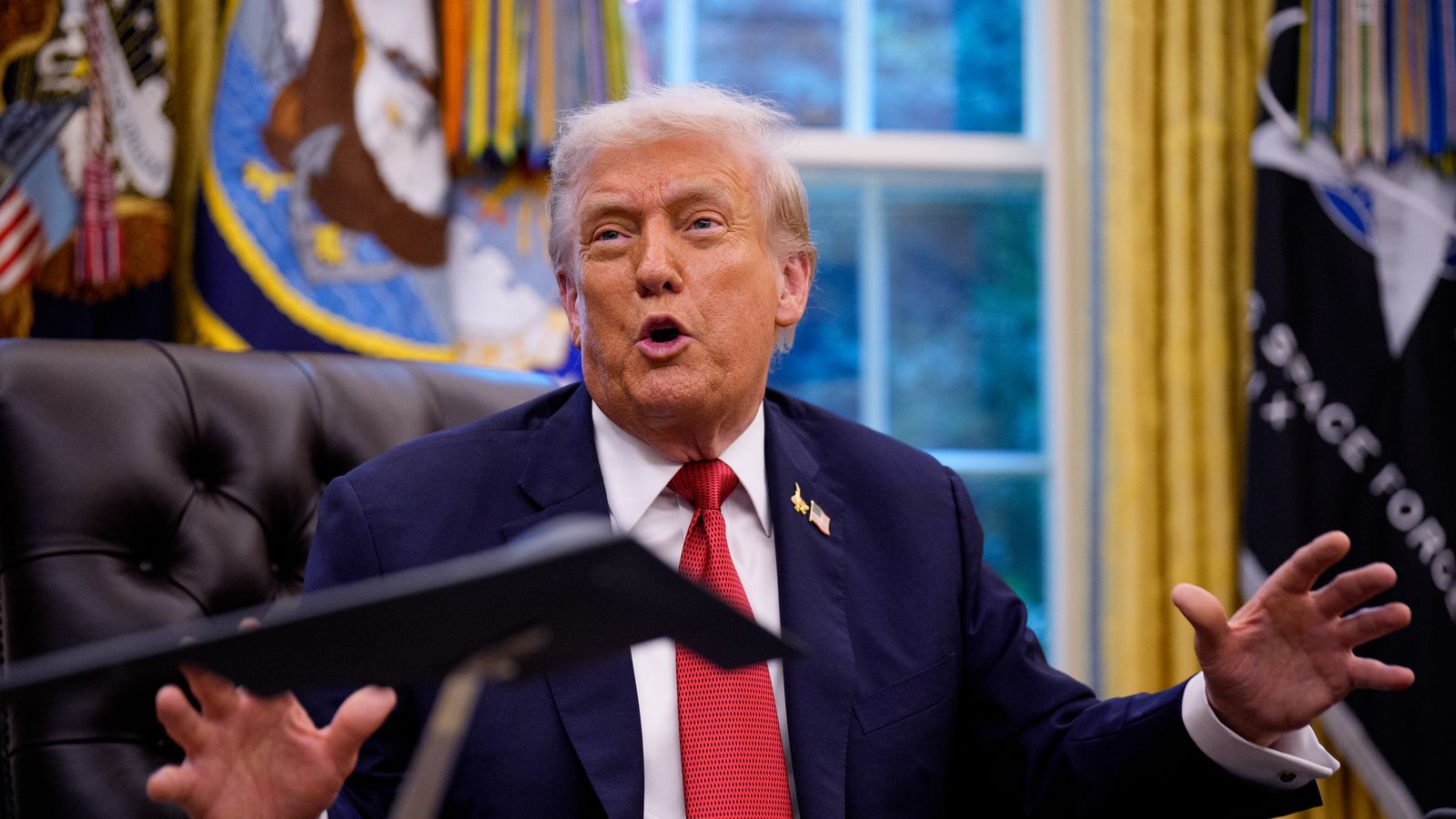The announcement of sending federal personnel to Portland has reignited national debates about immigration enforcement, public safety, and the role of federal authority in local jurisdictions.
The decision to deploy troops to Portland represents a new chapter in the ongoing tension between the federal government and certain local administrations. The move was framed as a necessary step to ensure the protection of Immigration and Customs Enforcement (ICE) facilities, which have increasingly been the focus of demonstrations and criticism. By emphasizing security and order, the administration seeks to justify a federal presence in a city where officials and many residents have openly opposed such interventions.
Federal objectives and the reasoning behind the decision
The declared aim of the deployment is to protect federal assets and staff from possible dangers. In past years, ICE locations have been focal points of intense protests, with activists highlighting immigration policies they consider unjust and damaging. Protesters contend that these establishments represent a larger enforcement system that divides families and subjects at-risk communities to continuous fear of detention.
For federal officials, however, the narrative is different. They argue that failing to protect ICE facilities would embolden disruptive groups, undermine the rule of law, and threaten the functioning of essential government services. By sending federal troops, the administration signals a willingness to assert control in areas where it perceives local authorities are unable or unwilling to maintain order.
This move reflects a broader trend in which federal power has been asserted more aggressively in disputes over immigration enforcement. It also highlights the persistent divide between Washington’s policies and the stance of many local governments, particularly in cities that have declared themselves sanctuaries for immigrants.
Local response and community concerns
The sending of federal forces has provoked significant responses from local authorities, civil liberties organizations, and residents in Portland. Municipal representatives have voiced worries that a military-like presence might heighten tensions instead of alleviating them. Numerous people are concerned that this move could trigger clashes between the community and federal agents, leading to more disorder and diminishing confidence in governmental bodies.
For residents, the move raises questions about constitutional rights, freedom of expression, and the balance between security and civil liberties. Critics argue that the presence of troops near protests may deter lawful demonstrations and criminalize dissent. They also fear that the increased militarization of federal enforcement could deepen divisions within the community, creating an environment of fear rather than safety.
Supporters of the deployment, on the other hand, maintain that ensuring the protection of federal facilities is a legitimate responsibility of the government. They argue that without intervention, property damage and violent clashes could continue unchecked, undermining both security and stability. This contrast in perspectives underscores the broader ideological divide within the country about the appropriate role of government in addressing social conflict.
Broader implications for national politics
The choice to deploy military forces to Portland should not be seen as an isolated event. It is connected to a broader trend involving federal actions related to demonstrations, immigration discussions, and political divide in the United States. By portraying the defense of ICE centers as a national security concern, the administration presents the matter as more than just a local issue, symbolizing its wider dedication to maintaining law and order.
This methodology strikes a chord with advocates who perceive stringent implementation as vital for upholding sovereignty and stability. Concurrently, it amplifies disapproval from critics who regard these actions as authoritarian and neglectful of democratic principles. The conflict of viewpoints has become a hallmark of political dialogue, influencing how Americans perceive both immigration policy and the application of federal authority.
Thinking about the future, the deployment of federal forces in Portland has the potential to create a benchmark for similar actions in other urban areas. Should it successfully deter interruptions, this approach might promote wider use of federal power in situations where city administrations oppose national directives. On the other hand, if conflicts intensify and instability increases, the strategy could strengthen the viewpoint that such initiatives damage community confidence and exacerbate conflicts instead of easing them.
What it means for the future
Ultimately, the decision to send troops to Portland reflects deeper questions about governance, democracy, and national identity. It forces Americans to confront the balance between protecting institutions and respecting individual rights, as well as the limits of federal intervention in local matters. For Portland, it means navigating a period of heightened scrutiny, where the city becomes both a symbol and a battleground in a larger political struggle.
For the administration, the deployment offers an opportunity to reinforce its image as a defender of security and order, even as it risks criticism for overstepping boundaries. For residents, activists, and local leaders, it represents a challenge to uphold community values while navigating the realities of federal power.
The debate highlights the interconnection between immigration control, community safety, and political identity, which influence not only regional disputes but also the overall direction of the United States. It is unclear if deploying troops will bring about stability or escalate tensions, yet its effects will be felt well beyond Portland in the ongoing discussion regarding the government’s part in molding the country’s future.




